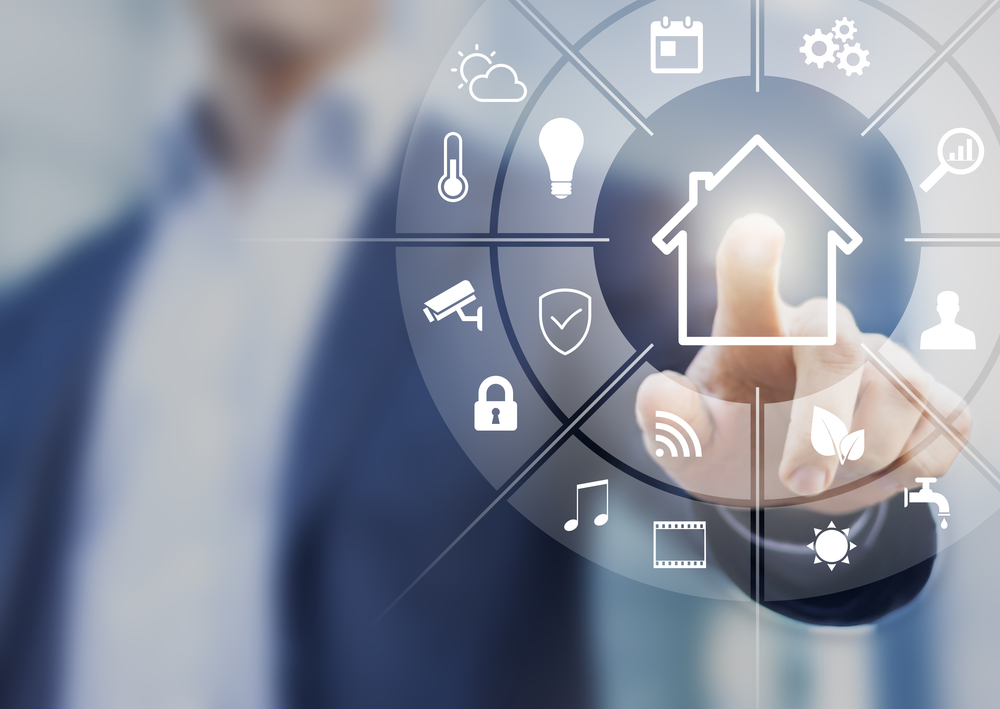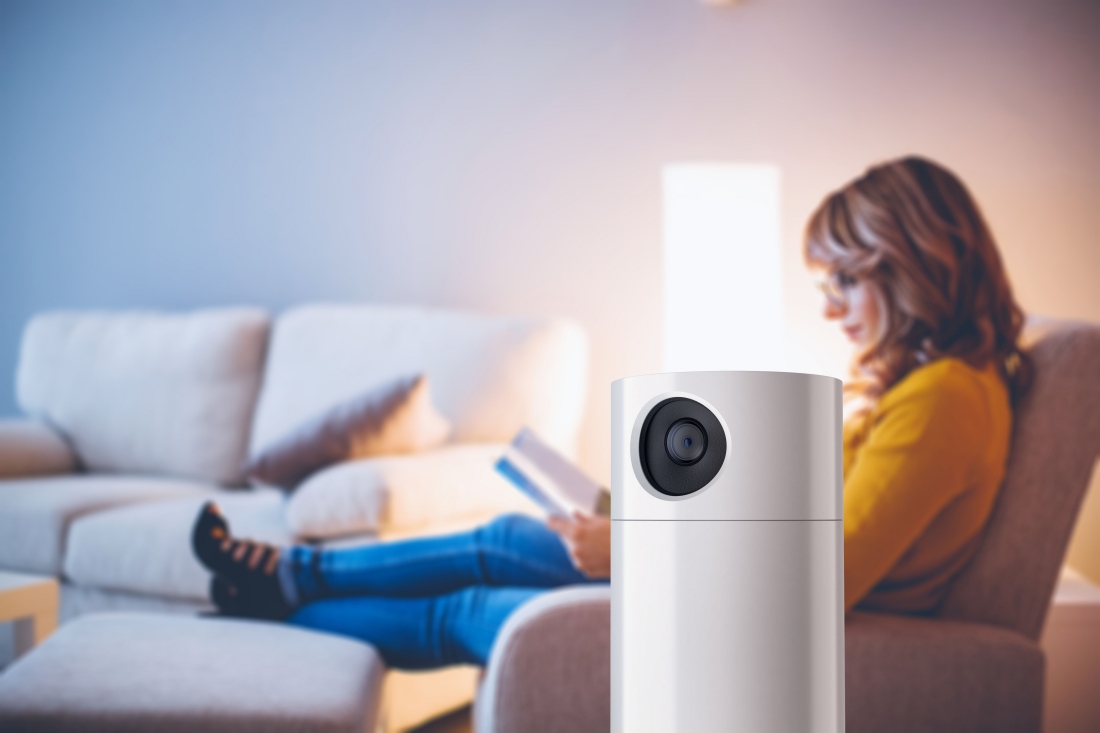Bottom line: A new pattern of behavior is emerging in domestic abuse cases involving connected smart home devices, proof that even products with the best of intentions carry unforeseen side effects.

Connected smart home gadgets like thermostats, video doorbells, lights and locks are intended to make consumers’ lives easier through convenience although as with any new technology, unintended uses are bound to emerge if placed in the wrong hands.
The New York Times recently conducted more than 30 interviews with domestic abuse victims, their lawyers, emergency responders and shelter workers detailing the use of connected smart home devices as sophisticated tools used by abusers to intimidate, confuse and exert power over their victims.
One woman complained that her connected air conditioner would randomly turn off without her touching it. Another said the code on her smart door lock would change on a daily basis, seemingly for no reason. Yet another person told a help line worker that her doorbell would ring yet, nobody was at the front door.

To an outsider or a non tech-savvy person, such stories could quickly be dismissed as lunacy. Ruth Patrick, who runs WomenSV, a domestic violence program in Silicon Valley, concurs. “If you tell the wrong person your husband knows your every move, and he knows what you’ve said in your bedroom, you can start to look crazy,” she said. “It’s so much easier to believe someone’s crazy than to believe all these things are happening.”
Emergency responders said many victims of this modern form of abuse are women and according to Melissa Gregg, a research director at Intel working on the implications of smart home technology, connected home gadgets are largely installed by men.
Jenny Kennedy, a postdoctoral research fellow at RMIT University in Melbourne, Australia, who is studying families that install smart home tech, said many women also do not have all of the connected apps installed on their phones. Similarly, all of the people The Times spoke to about being harassed were women, many from wealthy communities where smart home tech is taking root.
Erica Olsen, director of the Safety Net Project at the National Network to End Domestic Violence, said she was wary of discussing the misuse of emerging technology for fear of giving it a bad reputation but now that it has become so prevalent, "the cat's out of the bag."

As a tech-savvy user, the logical first step would be to simply uninstall the connected devices causing harm but again, if you don’t know how the technology works (or that remote control of devices is even possible), that’s not really an option. Furthermore, disabling a device is likely only going to further escalate a conflict, especially if the victim is still maintaining a relationship with the abuser.
“The abuser can see it’s disabled, and that may trigger enhanced violence,” said Jennifer Becker, a lawyer at Legal Momentum.
Legal recourse is still limited in many regions, largely because this is a new phenomenon that isn’t yet widespread. Advocates are training emergency responders on the matter, urging people who get restraining orders to ask the judge to include smart home device accounts in the matter.
Zach Perron, a captain in the police department in Palo Alto, California, said he’s sure it’s happening. “It makes complete sense knowing what I know about the psychology of domestic violence suspects. Domestic violence is largely about control — people think of physical violence but there’s emotional violence, too.”
Researchers note that asking everyone in a home to understand what smart home technology is and how it works is essential. Katie Ray-Jones, chief executive of the National Domestic Violence Hotline, said that when we see new technology emerge, people often think, “wow, my life is going to be a lot safer.” But with survivors of domestic violence, the opposite is often observed.
Lead image via Tony Luong, The New York Times
https://www.techspot.com/news/75248-domestic-abusers-using-smart-home-gadgets-exert-control.html